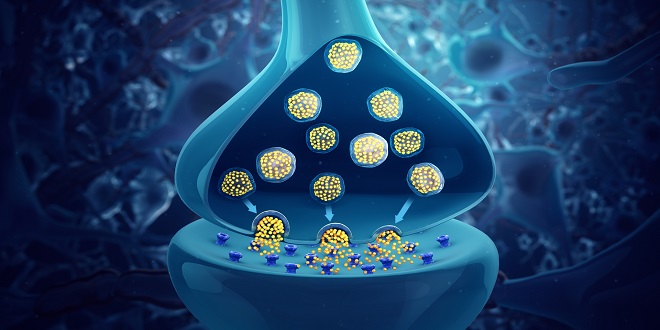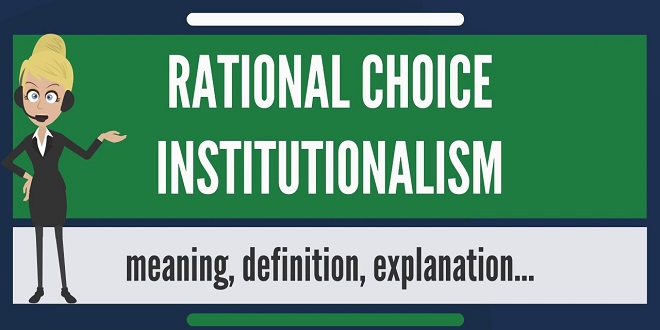The Reward and Reinforcement Neurotransmitter

Like serotonin, dopamine is considered a feel-good neurotransmitter. It is most famously associated with motivation and reward, and it gets released when we do things like have sex, listen to our favorite music, eat, or watch our favorite sports team succeed. It also spikes when a new work opportunity or promotion presents itself, when we spot someone from across the bar that we find attractive, or when we get a notification of “likes” on social media posts. When goals are set and met, our dopamine system lights up, helping to motivate us to do things that evolution has deemed good for us and the species. But this system, like many others, can become dysfunctional in the modern world.
ARE YOU A WORRIER OR WARRIOR?
Certain genes modulate neurotransmitter function and thus play a role in key aspects of personality. The COMT gene is one of the more well-studied genes of the bunch. It is responsible for producing catechol-O-methyltransferase (COMT), an enzyme that breaks down dopamine in the prefrontal cortex, the part of the brain responsible for higher cognitive and executive function
Optimizing Dopamine
Dopamine is made in the brain from the amino acid tyrosine, and as with other neurotransmitters, the building blocks are usually readily available unless a person is protein deficient. In this sense, a healthy dopaminergic system may be more a function of our choices and actions than any nutrient deficiency.
Consuming foods that have been processed to become hyper-palatable, engaging in risky activities, and taking substances that hijack and shortcircuit the brain’s reward system can create unhealthy and self-destructive addictions. Sugar and rapidly digested carbohydrates like wheat are massive dopamine stimulators, evolved to increase fat storage at a time of seasonal sugar availability
The Focus Neurotransmitter
Even though dopamine and serotonin are arguably the more well-known neurotransmitters, norepinephrine is equally noteworthy. Norepinephrine plays a very important role in focus and attention and is expressed in the brain whenever focus is needed, particularly in times of stress where it can enhance long-term memory formation.
Can you remember where you were the moment you heard of the 9/11 attacks on the World Trade Center? I’ll bet that day is burned into your memory in crystal-clear, stunning detail. This is owed to none other than norepinephrine.
Optimizing Norepinephrine
Norepinephrine can sometimes work against us. Unlike in our distant past, stressful stimuli today don’t always require our immediate focus and attention. And yet, the physiological mechanisms remain to guide our attention when a threat is perceived, real or otherwise. The media often exploits this fact—something I know well, having worked in TV
NERD ALERT
As Dr. Paul and I work on this chapter, we are taking turns writing and doing kettlebell swings. We both often used this “hack” in school when studying for a grueling exam. This not only would help break up the marathon of monotony by doing push-ups, squats, or dips between two chairs in the library, but would also serve as a way to increase blood Interestingly, extreme temperatures are another type of physical stressor that can induce effects similar to exercise.





